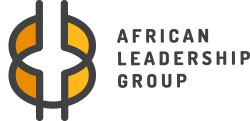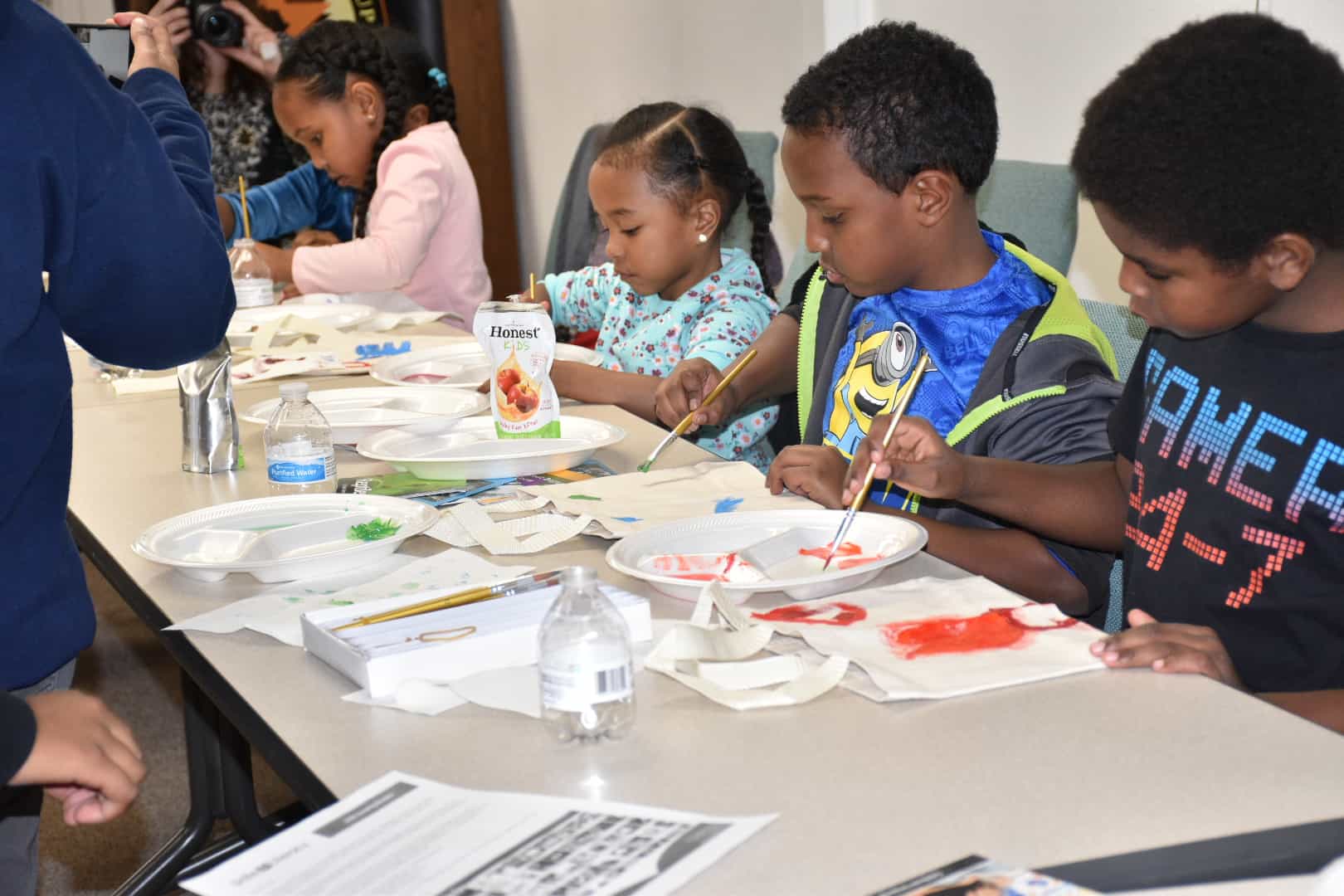It has been a bumpy spring.
In March, schools closed en masse and transitioned to remote instruction. In April, students and teachers stepped gingerly through online learning while school leaders tried to figure out how they would finish the year, issue grades, and hold graduation ceremonies.
School is finally over for most students, and they are on summer break. And now, all eyes are on the month of August as schools work on plans to reopen. Meanwhile, four educators that live or work in the Aurora community, and who are also parents reflect, on their experiences with teaching during the pandemic outbreak. They share emotional experiences, challenges of diving into the emergency remote learning, and success stories.
Mr. Jamal Bowen is a business and entrepreneurship instructor at the Community College of Denver. Ms. Bintou Diallo is a lead ninth grade humanities teacher at DSST: Conservatory Green High School. Mr. Alphonse Nembot is a math instructor and adjunct instructor for college-level economics and statistics at Colorado Early Colleges- Aurora. And Mrs. Delish Boyd is an advanced level French teacher and dean of students at Rangeview High School.
I asked them the following questions: What was your distance learning plan? What went well during the distance learning? What would you do differently? And what was your biggest upshot?
All four educators acknowledged that this year was unprecedented in education, for their students and even in their personal lives. For their distance learning plans, they all used the same platform which included Microsoft Office Suites and Teams, and Google Classroom and Google Meet.
Each instructor also used other applications to provide supplemental help to students, including Remind, and WebEx. It was left to teachers to decide what they thought would help their students; there were no detailed plans given to instructors.
Ms. Diallo and Mrs. Boyd discussed how they felt navigating into this unchartered territory, Ms. Diallo shared that she was overwhelmed by the amount of hours that she had to put into online teaching and finding ways to engage her students, as well as checking on every one of them to make sure they were doing well.
Mrs. Boyd said: “Missing the students and not being able to see them in person was hard for me to deal with. I was finding myself worried about the students that needed academic and emotional help. This made me wonder how well we know our students and the toll on what students were going through remotely. When we were in person, there was a whole community to help. This pandemic made me realize how vulnerable some of our students are.”
In what went well during the distance learning, Mr. Bowen discussed how his students appreciated the live sessions, the video PowerPoints, and the video presentations. He was also creative in bringing in special guest speakers during the live sessions and that kept his students very engaged.
For Mr. Nembot it was hard to say what went well. To him, the bottom line was that he was able to finish the programs and assess his students at the end of the school year. But one thing he appreciated was his student’s dedication and determination.
He said: “Seeing how resilient they were and not giving up encouraged me to go above and beyond for them.”
Ms. Diallo also appreciated the effort that her students made to turn their assignments in on time.
Mrs. Boyd said “Personally, I thought that the school as a whole and all the teachers in my school, worked hard to get the students going, in providing technology for those in need, or resources to help the students finish strong and try to make the curriculum relevant even in distant learning.”
Concerning administrative support, Mrs. Boyd shared that in her role as dean of students, she was the one who provided the support to teachers and students. She was the one to reach out to students about whom teachers had concerns. ‘My team and I would reach out to families and students, update them with ongoing information, and make sure they were okay or find out if or where they needed help. The goal was to make sure that every student finishes strong.’
Mr. Nembot said: “Let’s say we all had to learn together… so my administrative team was as supportive as they could be. Where I got the most support was in his department meetings, where, as instructors they would share best practices, new ideas, discuss what was working and what was not, and share resources.” He also found the daily morning meetings with the head of school informative.
As far as what would they do differently, Mr. Bowen offered an opinion. “I would have preferred that we not wait for a pandemic to hit before trying to be innovative in education,” he said. He said it would be better to teach students some skills such as computer literacy and time management skills, and also provide instructors with training on how to deliver instruction effectively in an online setting so that students are not overwhelmed.
Ms. Diallo worked to make the lesson plans/modules more culturally relevant and have students complete work that had a balance in terms of annotating, answering text-dependent questions, and completing individual and group projects.
Mr. Nembot said education officials need to provide more professional development for instructors and instructors need to be provided with diverse materials because teaching online and teaching college classes require a lot of preparation.
More structure would also be helpful to students. Mrs. Boyd said teachers need to make clear to students what they need to accomplish if education has to be delivered remotely again. The idea is not to add too much pressure and stress on the students. Instead, they need a structure that is easy to follow and makes sense so that they will not feel like they were wasting their time in the end.
On the most significant upshot, Mr. Bowen said: “Every semester, there is what we call “Pitch Night” on campus. This is where students in the business and entrepreneurship classes get to showcase their businesses. This year because of the pandemic, we had to improvise and have them do it virtually. The virtual one, in my opinion, went better than the ones I have witnessed in person. What helped was all the pre-recordings and connections to partners and businesses. This was a fantastic experience for our students and a very successful event. My department chair and I are thinking of keeping the event virtual from now on. What I learned from this is that one has to be adaptable and…virtual teaching or remote teaching will be the future.”
Ms. Diallo said” “Students have to feel comfortable with the software/platform that they use, have the option to chat in and answer/ask questions, rigorous and universally designed, and time dedicated to going over lessons/creating a virtual classroom where students know how much time they have to complete each question and time, in the end, to check for understanding.” \
Mr. Nembot said: “I realized that remote learning is not as easy as it seems; therefore, it has to be taken seriously. I also realized that I need to be careful and cognizant of the level of difficulty of the materials I present to my students. I also need to be aware of the different types of learners I have so that both my online materials and my in-person materials fit the different types of learners I have in my classrooms without forgetting students with special needs. I have two kids myself that are school-age kids. One is entering third grade, and the other will be going to first grade. Before the pandemic, we had a set schedule, and we did not disrupt the schedule for consistency once we were all at home. We would still wake up and be ready to start work and learning at 7:30 in the morning. So, as I set up for work, they too would be setting up to do their assignment, we would share the same room, take the same breaks, and finish the day almost at the same time. That allowed me to supervise their work closely and watch what they were doing throughout the day. To be honest, it was not easy because they are young, they cannot stay still for a long time, and I also had my students that needed my attention, but I was able to pull it through. “
Mrs. Boyd said: “I realized we need to have a good idea of who are students are and what they go through. We as educators need to do a better job to get to know them on a personal level so we can better assist them because Rangeview High School itself has enough resources per number of students to be able to support our students. We need to know the family’s needs and address them so our students can alleviate stress. If all goes well, the advisory team will be put together next school year to address these issues.”
Sitting and listening to my colleagues share their reflections with me, I, as an educator, could relate entirely to them. This year was unique for both students and educators. For some, it was not unfamiliar; for others, it was scary, confusing, and challenging.
As educators, we had to walk into uncharted territory, use unfamiliar technologies, and untested methodologies. As educators, we cannot do it all. Some of us are good in an organization; others teach our students to write, while others are engaging in inquiry and others are particularly strong in encouraging them to believe in and love themselves.
None of us is perfect, but we all have in our hearts and minds the success of our students whom we see as the future of this great nation, and we are contributing something valuable to their education. We certainly cannot do it all, but let us continue to look for ways to do what we are already doing best for our students, their families, and our communities.


